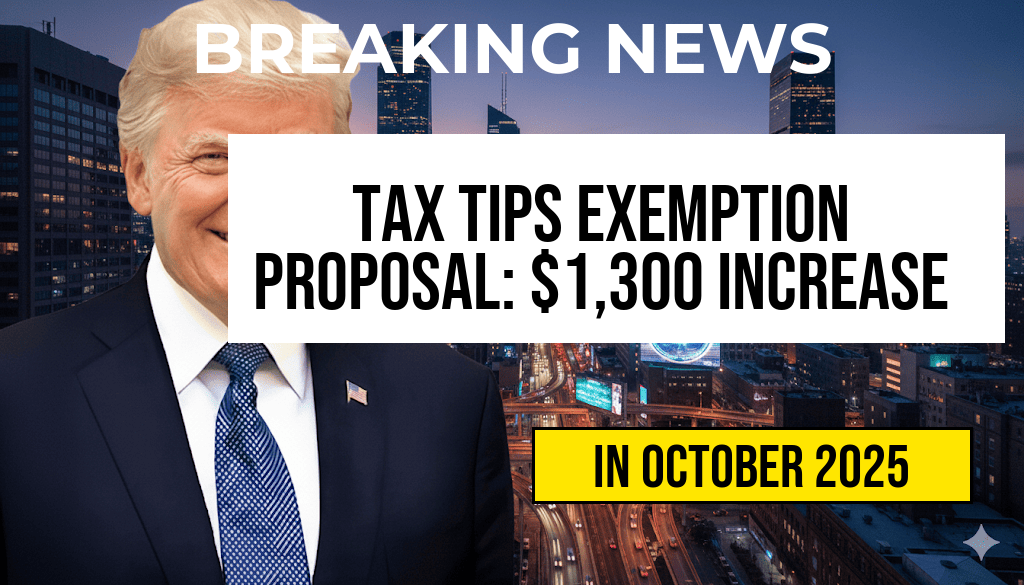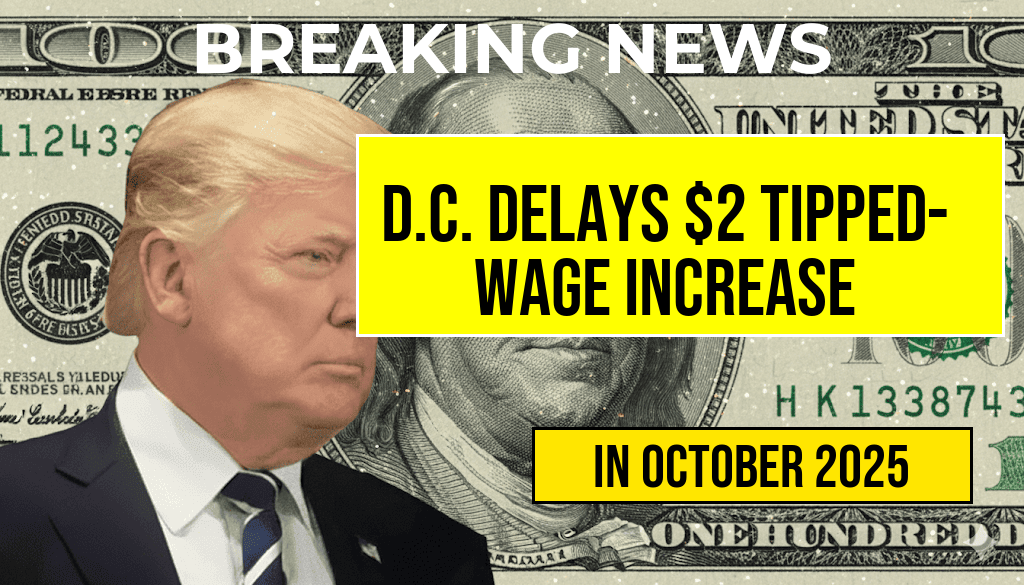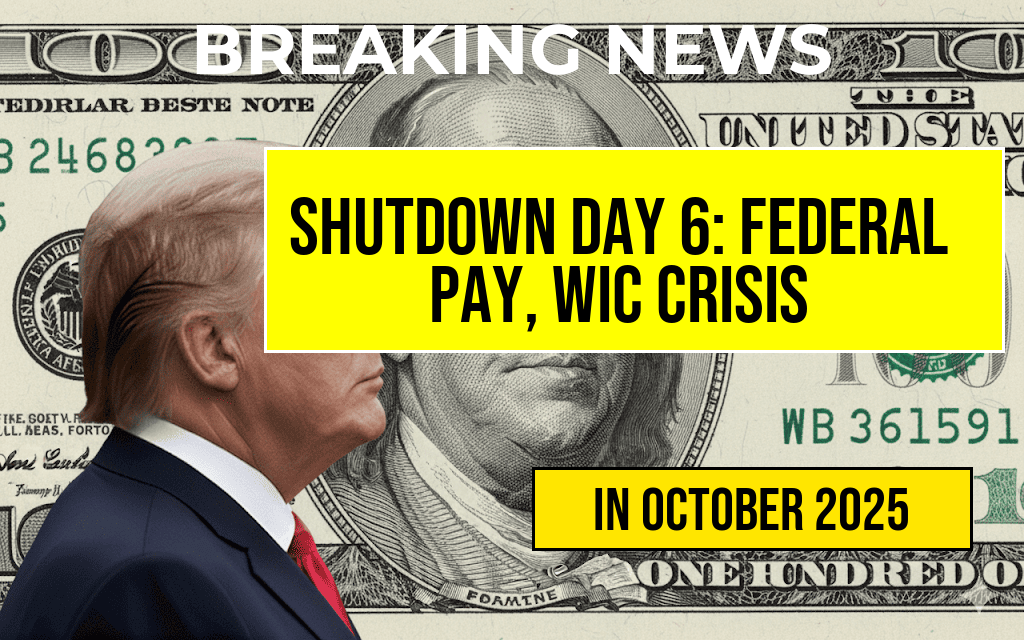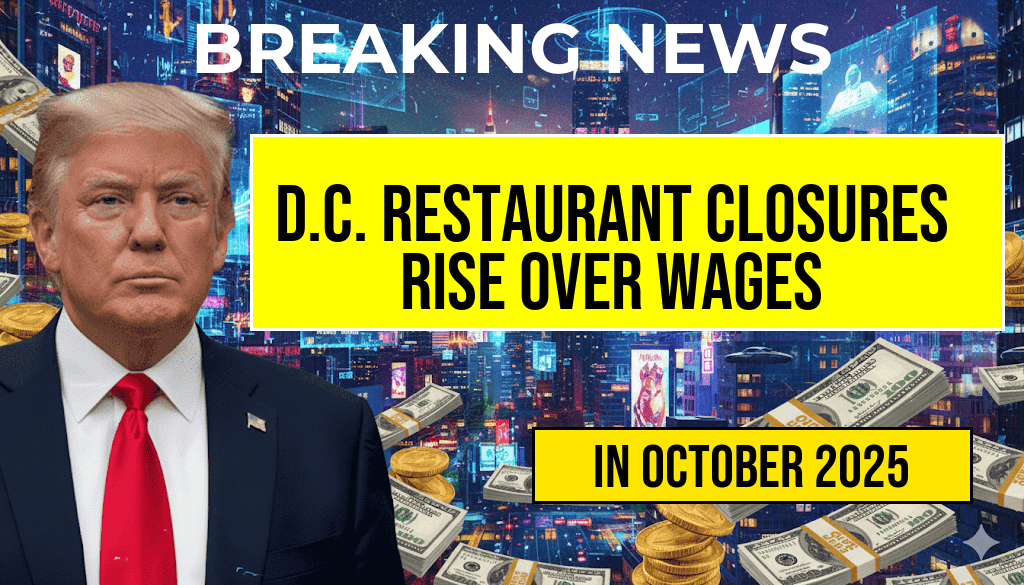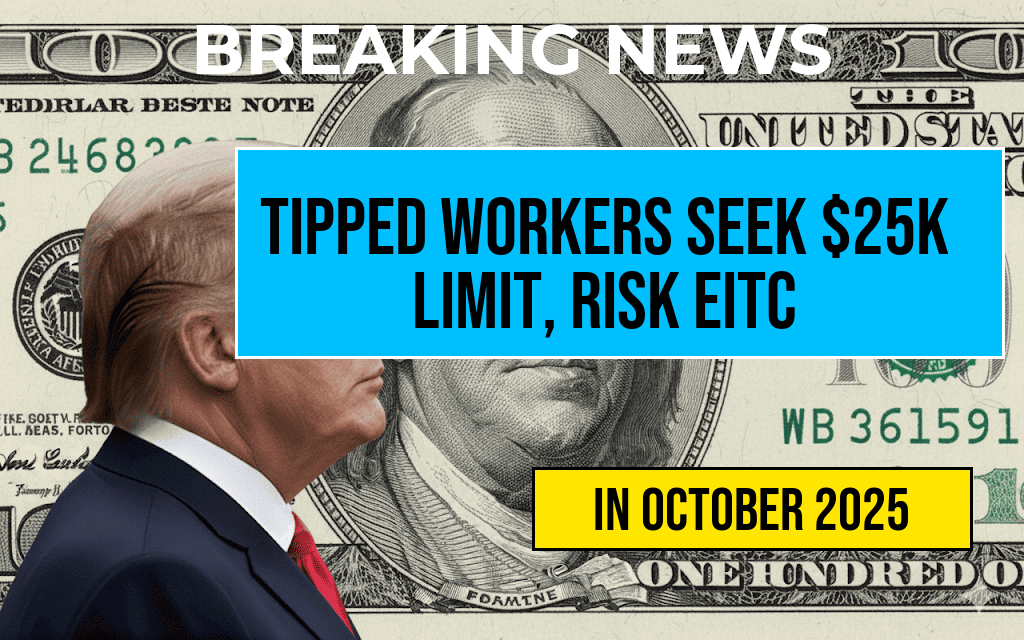D.C. Delays $2 Tipped-Wage Increase, Potentially Costing Servers Up to $4,160 Annually Compared to Original Plan
Washington, D.C., officials have announced a delay in implementing a scheduled $2 increase to the city’s tipped minimum wage, a move that could significantly impact servers’ annual earnings. Originally slated to take effect this year, the wage hike has been postponed amid ongoing debates over its economic implications and the city’s broader approach to wage regulation. For many restaurant workers, the delay may result in earning thousands of dollars less annually, especially for those who rely heavily on tips. The decision underscores the complex balancing act local policymakers face as they navigate economic recovery, labor rights, and the hospitality industry’s stability.
Background on D.C.’s Tipped Wage Policy
The District of Columbia has been gradually increasing its tipped minimum wage to align with broader efforts to improve income security for service workers. Under current regulations, the tipped wage has been set at a lower rate than the standard minimum wage, with scheduled increments designed to phase out the disparity over several years. The planned $2 increase was part of this phased approach, aiming to bring the tipped minimum wage closer to the standard minimum wage while maintaining a structure that recognizes tips as a significant part of workers’ compensation.
Initially approved in 2018, the phased increases have faced opposition from various stakeholders, including restaurateurs concerned about labor costs and policymakers advocating for more equitable wages. The delay announced recently shifts the timeline, prompting concerns among workers who depend on consistent tip income to meet living expenses.
Impact on Servers’ Earnings
| Scenario | Hourly Tip-Based Income | Annual Difference | Notes |
|---|---|---|---|
| Original Plan (with $2 increase) | $10.50 | $4,160 | Based on a 40-hour workweek, 52 weeks/year |
| Delayed Implementation | $8.50 | – | Reflects current wage without the increase |
For servers earning tips averaging $10.50 per hour under the original plan, the delay could mean losing approximately $4,160 annually—a sum that can significantly impact those living paycheck to paycheck. This figure is based on a standard full-time schedule and assumes tips remain consistent. Workers who depend on tips as a primary income source may feel the financial strain more acutely, especially amid rising living costs in the district.
Industry and Policy Responses
Restaurant industry representatives have expressed mixed reactions to the delay. While some cite concerns over increased labor costs and potential impacts on employment, others acknowledge the importance of fair wages. Wage policy debates have long centered around balancing fair compensation with economic sustainability for small businesses.
Labor advocates argue that delaying wage increases perpetuates economic inequality among tipped workers. “This move undermines efforts to ensure service workers earn a living wage,” said Maria Lopez, a labor rights advocate with the Washington Workers’ Alliance. “Tipped employees already face income volatility, and delaying these increases prolongs their financial insecurity.”
City officials maintain that the delay is necessary to assess the broader economic environment and avoid unintended consequences for businesses still recovering from pandemic-related disruptions. A spokesperson from the D.C. Department of Employment Services stated, “We are committed to supporting both workers and employers and will revisit the wage schedule as conditions evolve.”
Broader Context and Future Outlook
The decision in Washington D.C. reflects a national conversation regarding tipped wages and labor protections. Several states and municipalities are evaluating similar policies, with some opting for immediate increases while others delay implementation to mitigate economic shocks. The debate often hinges on whether tipped workers should receive a standard minimum wage plus tips or a guaranteed wage independent of tips—an issue that continues to divide policymakers and industry leaders alike.
Looking ahead, workers and advocates are calling for transparency and speedier action to ensure wage progress does not stall indefinitely. As the city assesses its economic strategy, the potential for further adjustments remains open, and the outcome will likely influence wage policies in other jurisdictions.
Key Takeaways
- The delayed $2 increase to D.C.’s tipped minimum wage could cost servers up to $4,160 annually.
- The postponement has sparked debate over fair wages versus economic sustainability for small businesses.
- Workers relying on tips face income volatility, which the delay may exacerbate.
- City officials cite economic recovery concerns, with plans to reassess wage schedules in the future.
As the debate continues, service workers and industry stakeholders alike are watching closely to see how future policy adjustments will shape labor standards in the district. The balance between supporting economic growth and ensuring fair compensation remains central to ongoing discussions about wage equity in the hospitality sector.
Frequently Asked Questions
What is the reason for the delay in the $2 tipped-wage increase in D.C.?
The delay is due to ongoing discussions and potential policy changes, which have postponed the implementation of the $2 tipped-wage increase originally scheduled to benefit servers and tipped workers.
How might the delay affect servers’ annual earnings?
Servers could potentially lose up to $4,160 annually compared to the original plan, as the delayed wage increase means they will not receive the additional $2 per hour increase during that period.
When was the $2 tipped-wage increase initially planned to take effect?
The initial plan scheduled the $2 wage increase to take effect on a specific date, but the implementation has now been delayed, impacting earnings calculations for tipped workers.
Does the delay impact other wage-related policies in D.C.?
While the focus is on the $2 tipped-wage increase, the delay may also influence other wage policies and future wage adjustments within the district, depending on policy developments.
What are the potential implications for servers and restaurant owners due to this delay?
For servers, the delay means a missed income increase, while restaurant owners may face ongoing challenges in budget planning and wage management until the policy is implemented.

